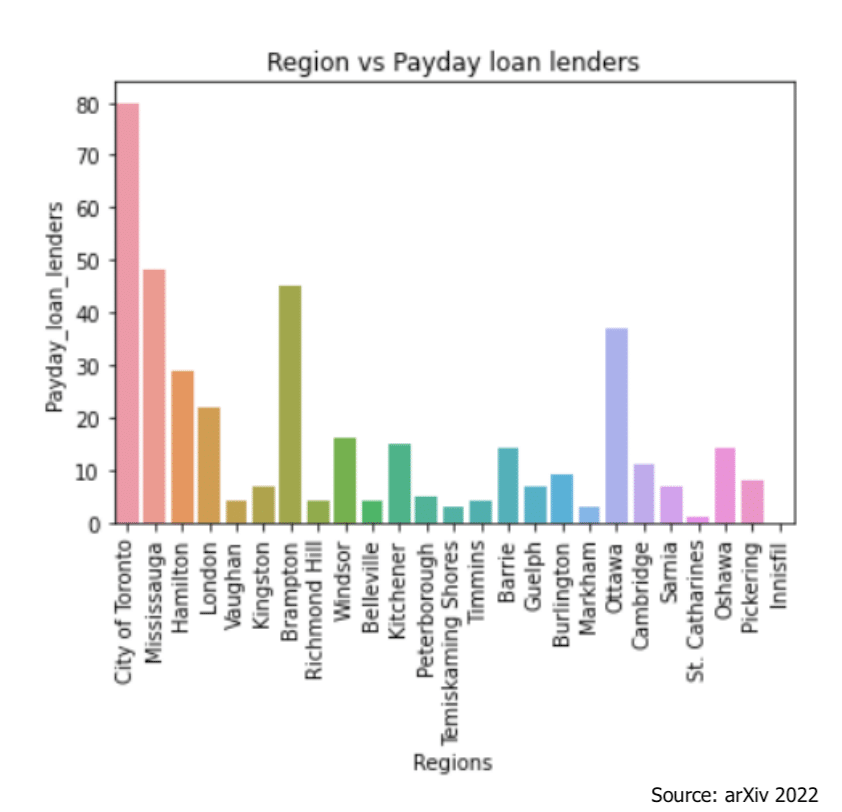What Does It Mean to Break a Mortgage?
When you sign a mortgage with a lender, you agree to specific conditions, such as the interest rate, the term, the amortization period, and whether the loan is fixed or variable. “Breaking your mortgage” simply means that you are changing the conditions of the contract or electing not to fulfill the entire term.
Reasons to Break a Mortgage Contract
Life happens. When you signed on the dotted line for your mortgage, chances are it fit your needs at the time. But as time went on, your circumstances (or external factors) may have changed. And as circumstances evolved, the mortgage you have may not be a great fit after all.
Here are some of the most common reasons Canadians think about breaking their mortgage:
- Interest rates have fallen significantly: This is the big ‘external’ factor leading many individuals to ponder breaking a mortgage. If interest rates were high when you got your mortgage and have since dropped substantially, you could be tempted to find a better deal and save money.
- Your financial situation has changed (for better or worse): Some people seek to break a mortgage because their finances have deteriorated in some way (less income or higher expenses), and they want to lengthen their amortization period to lower their monthly payments. On the flip side, National Bank notes that some individuals, seeing their financial situation improve, may want to pay off their mortgage early.
- You need to sell your home: Maybe you lost your job. Maybe you’re moving. Or maybe you’re getting divorced. Whatever the case, if you need to sell, you may have to break your current mortgage. (However, if you’re buying a new place, you may be able to port your mortgage (apply it to the new property).
Open vs. Closed Mortgages: ‘Breaking’ Down the Difference
You either have an open or closed mortgage. In the case of an open mortgage, the good news is that you can break the contract without incurring a penalty (although you’ve paid for this privilege in the form of a higher mortgage rate). If you have a closed mortgage, though, you’ll have to pay fees to your lender. As the Financial Consumer Agency of Canada notes, these can include prepayment fees, administrative fees, a mortgage discharge fee, appraisal fees, and reinvestment fees. Plus, if you received any cash back when you got your mortgage, you may be on the hook for that, too.
Weighing the Pros and Cons of Breaking Your Mortgage
There are pros and cons to breaking a mortgage. Typically, the biggest advantage to doing so is the ability to get a new mortgage at a lower interest rate. These savings can be considerable, especially if mortgage rates have plummeted. What’s important, however, is to check and see if the savings will outweigh the costs. In this regard, breaking a closed mortgage and getting a loan from a new lender is costlier than breaking a mortgage but sticking with your existing lender. In the latter case, if you “blend and extend” your mortgage (i.e. increase the term), you usually don’t have to pay a prepayment penalty.
Leaving your existing lender will result in a prepayment penalty, on the other hand. Your mortgage contract sets out how this fee is calculated. For example, if you have a variable-rate mortgage, the prepayment penalty is typically three months worth of interest on your current mortgage balance. Most lenders have handy mortgage penalty calculators that show you how much you’ll have to pay to break your contract.














